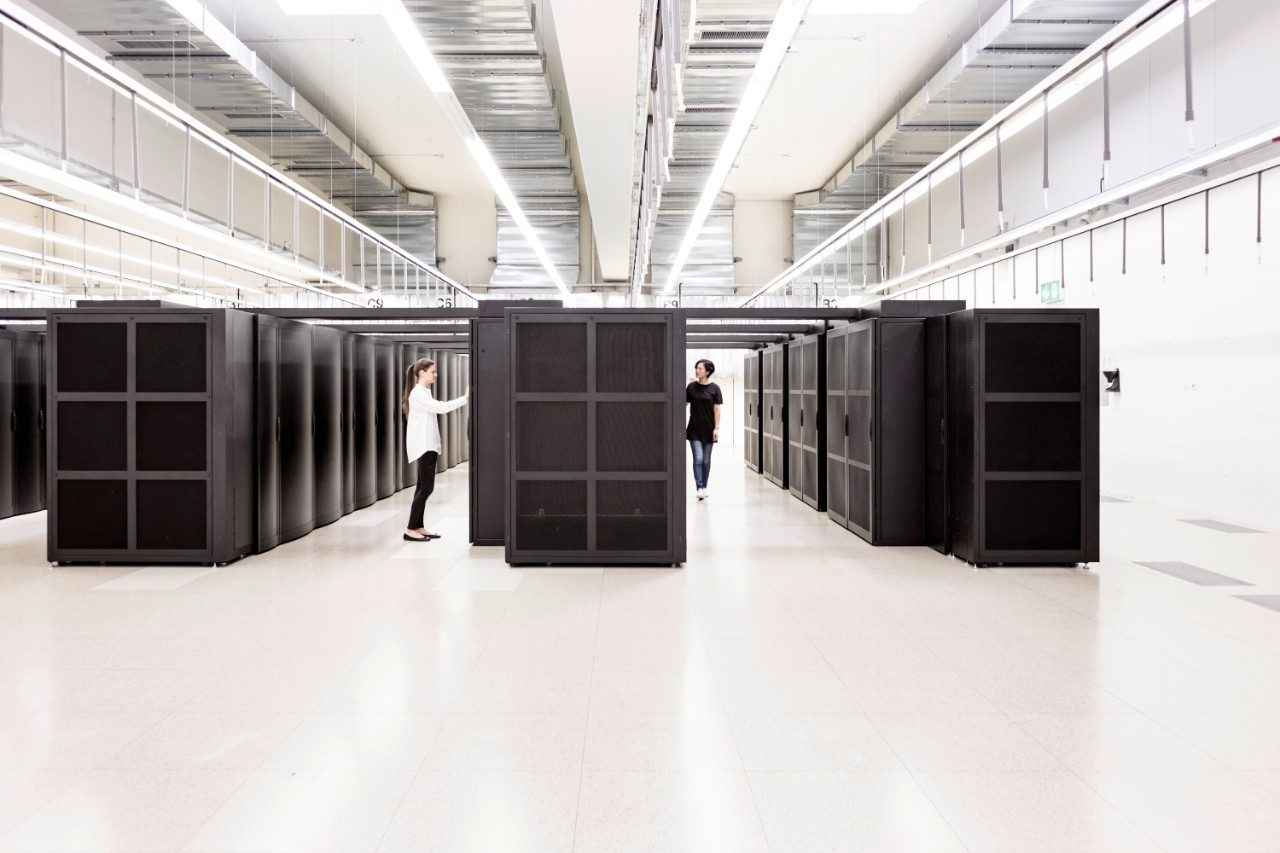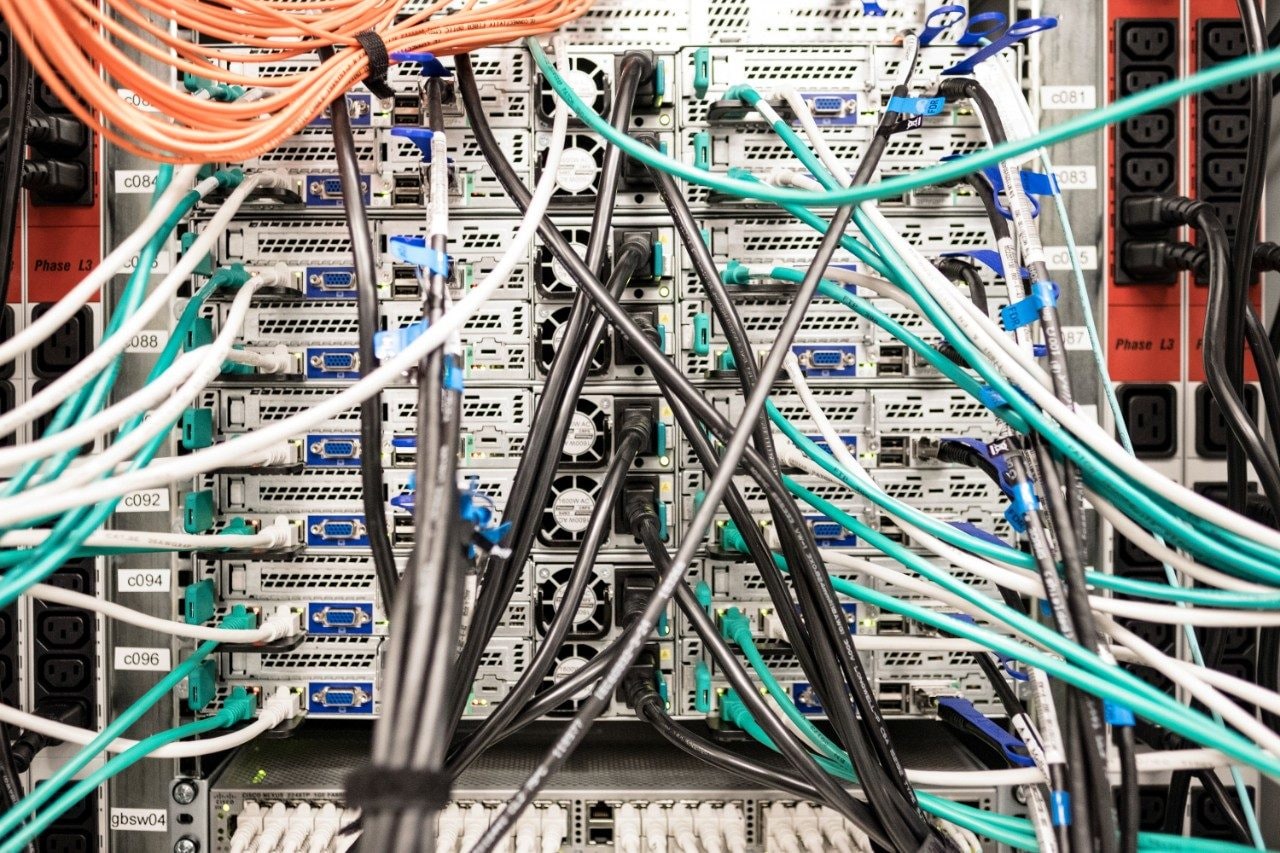Effects of FinTech on the banking industry
We sat down with Nobel Laureate Christopher Pissarides to have a conversation about blockchain and banks and the future of the FinTech space.
Has this question inspired you?
Has this question inspired you?
Get the latest Nobel Perspectives updates delivered to you.
Sir Christopher A. Pissarides, who is an advisor to a blockchain company, is well versed in the significance and new developments in financial technology, also known as FinTech. As a Nobel economist he’s interested in the macroeconomic components of it as well. We spoke to him about the changing landscape of FinTech and what this means for the banking industry.
Blockchain is one of the most talked about developments in the FinTech space and you are an advisor for a blockchain company. What compelled you to join the team?
“They approached me and explained the significance and the new developments, which I was obviously aware of. I knew that the biggest problems in blockchain and these decentralized ledger systems is the security. Ultimately, how can you make sure that what's there is there to stay and what it’s saying is telling the truth.”
And what is the connection between macroeconomics and blockchain security? How do the two meet and where?
“Blockchain security and decentralized anonymous ledger transactions increase trade transactions and make finance available more widely to small companies. But you need to make sure that you trust the system and this financial trust is absolutely essential.
And that’s the connection. It’s the collection of all these transactions for the economy as a whole. You generate new centers of activity, new income sources, new production, you engage people beyond your own personal contacts or beyond your own country borders into the world as a whole.”
How do you think technological advancements like blockchain are changing how we do business?
“Blockchain has the potential to completely change how we do business and I am very much in favor of developing blockchain technology. I'm much more doubtful about cryptocurrencies. I think cryptocurrencies have a lot of speculative aspects to them. People get excited because they see the big fluctuations and you always think you're going to be lucky and that you're going to make the money. A little bit like stock markets were in the 1920s, which led to the great crash and after that regulation changed. We'll look at them differently than now, there is still not enough regulation of cryptocurrencies.
But blockchain is something different from that, you don't need cryptocurrencies for blockchain. If you need to be able to record transactions, you could always tie the currency to some commodity or to the U.S. dollar for example, and then it would move exactly in the same way as the U.S. dollar does. There are currencies by the way that are doing that now. What's attractive about blockchain, is that it gives you the possibility of transparency.”
And how exactly does it increase transparency over more traditional ways of exchanging money?
“However small the transaction is, it will be recorded there for everyone to see. They can decide what they want to do next on the basis of what they see being transacted in a completely impersonal but trustworthy and transparent way.”
Will blockchain, or has it already, change the environment for banks specifically?
“Well, I see what banks are doing and although some are talking enthusiastically about it, the changes haven't come yet. But I think banks should embrace it and try and develop it. The problem is that they don't have the expertise yet. So obviously they are cautious, they are trusted by their clients. So once you have a relationship with people or big companies, you might think ‘Why should I disturb this?’ This is what you call social capital and you don't throw away social capital easily because the new technology has come along.”
Apart from blockchain, what are some of the most exciting areas where you think technology has really driven change in the last few years?
“The most exciting area by far is artificial intelligence. Data processing can now be done by machines. The fact that robotics developed alongside AI, that robots became self-controlled devices and can move around and do things for you is very exciting and very important. Until fairly recently robots were just screwed onto the ground and could move their arms or something. The automotive industry is almost completely automated, with robotics. Platform trading relies on artificial intelligence. Small transactions through our smartphones or contactless cards is becoming so popular, that there are now more transactions, more small transactions, taking place that involve artificial intelligence, rather than cash.
These are all very exciting developments and it will be interesting to see where we go next but I think there's almost no limit as to where they will be applied. Things that involve personal care or reacting to unpredictable situations, robots and artificial intelligence cannot do that yet, but almost everything mechanical that uses big data will eventually be moved onto machines, and I can't wait for the day.”
Has this question inspired you?
Has this question inspired you?
Get the latest Nobel Perspectives updates delivered to you.





